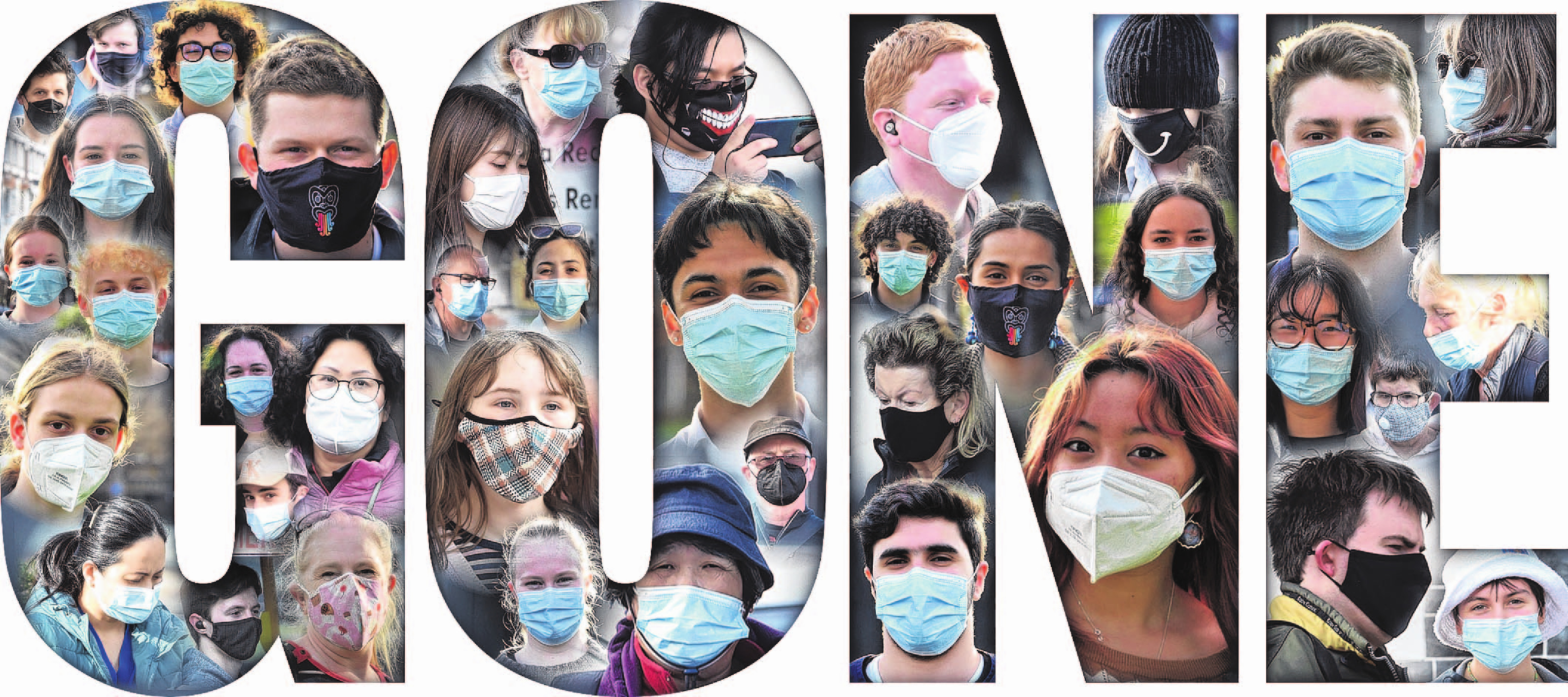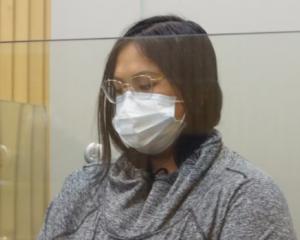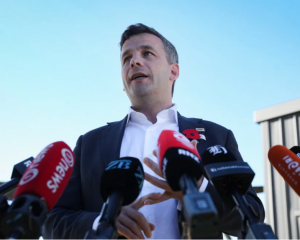Life in New Zealand has returned to something approaching normality today as most Covid-19 public health measures came to an end.
New case numbers of the disease have dropped dramatically in recent days — yesterday there were 1149 new cases nationally and 10,974 active cases, compared with 1653 and 16,968 respectively a fortnight ago.
Prime Minister Jacinda Ardern said the decline in case numbers gave the Government confidence that it was time to safely end almost all Covid restrictions immediately.
"We should never ask people to do more than is required."
"It’s time to safely turn the page on our Covid-19 management, and live without the extraordinary measures we have previously used."
The Otago Daily Times reported a week ago that the Disabled Persons Assembly was not asked for feedback on Government plans to scrap mask mandates, something which chief executive Prudence Walker termed "a critical oversight".
Yesterday she was not surprised by the Government’s policy change, but was concerned it might make vulnerable people reluctant to get out and about.
"There are some disabled people and people with health conditions who basically have not left their home in the past two and a-half years and this is just a continuation of that for them.
"There is still a fear there and Covid is still having a social impact on people."

"We are still concerned about how having Covid may interact with our impairments or existing health conditions ... Not everybody has the luxury of health, and I would hope people would continue to think about how to protect our whole community."
Hospitality Association Otago branch president Mark Scully said the elimination of most Covid regulations would make little difference for many bars and restaurants as they had been operating relatively normally in recent months.
"Where it will make a big difference is for staff, who will be able to be much more comfortable at work," he said.
"I guess that the odd person who feels vulnerable may feel that they are more at risk but given that almost all patrons were already unmasked I don’t think it will be a much greater risk."
Business South chief executive Mike Collins said the ending of Covid regulations showed confidence Covid could be managed in the community, and that the move would be particularly welcomed in the retail and tourism sectors.
"Tourists are starting to come back and that sector is starting to rebound," he said.
"Feedback we have had is that local businesses see this as a positive move," Mr Collins said.
There were 49 new community cases of Covid-19 reported in Otago and Southland yesterday, the sixth day in a row notified cases were in double figures.
The rolling seven-day average of new cases in the South has halved in the past fortnight, from 143 to 72.
However, the South did report a slight increase in the number of people in hospital who had Covid-19, the seven cases yesterday being up from three on Friday.
The most recent Institute of Environmental Science and Research wastewater testing report showed Covid-19 prevalence had fallen at nine of 11 testing sites, stayed steady in Cromwell, but had risen in Mosgiel.
In most places Covid prevalence in water remained ahead of officially reported case numbers, although not by the extreme rates detected at the height of the Omicron outbreak.
Ms Ardern said health advice provided to Cabinet had been that the gains to be made from mandatory mask use had lessened and now was an appropriate time to ease compulsory use of them.
She would continue to use a mask in some settings, such as on aeroplanes, she said.
When asked, Ms Ardern would not rule in full commission of inquiry into the Covid response, but said some kind of review had to be held so lessons could be learned on how the next pandemic would be managed.
Covid-19 Response Minister Ayesha Verrall said scientific advice was that another smaller wave of Covid-19 was possible, but vaccination and immunity should mean it would have less of an impact than the Omicron waves.
An update on possible greater access to the second Covid-19 booster would be made later this week, she said.
Covid unmasked
— Masks only legally required in healthcare settings and aged-care facilities, although employers, businesses and venues can still request mask use.
— Only Covid-19 cases have to isolate for seven days; household contacts must test daily but can move about if they test negative.
— All Government vaccine mandates to end on September 26.
— Vaccination requirements for incoming travellers and air crew scrapped.
— Leave support for Covid cases will continue.
— At an employer’s discretion if staff are required to be vaccinated.












